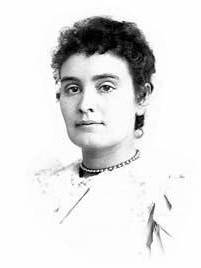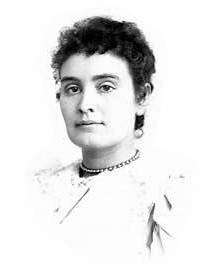A Quote by Maria Montessori
The adult ought never to mold the child after himself, but should leave him alone and work always from the deepest comprehension of the child himself.
Related Quotes
Again and again it astonishes us that God makes himself a child so that we may love him, so that we may dare to love him, and as a child trustingly lets himself be taken into our arms. It is as if God were saying: I know that my glory frightens you, and that you are trying to assert yourself in the face of my grandeur. So now I am coming to you as a child, so that you can accept me and love me.
I am beginning to suspect all elaborate and special systems of education. They seem to me to be built upon the supposition that every child is a kind of idiot who must be taught to think. Whereas if the child is left to himself, he will think more and better , if less "showily." Let him come and go freely, let him touch real things and combine his impressions for himself... Teaching fills the mind with artificial associations that must be got rid of before the child can develop independent ideas out of actual experiences.
A child is an eager observer and is particularly attracted by the actions of the adults and wants to imitate them. In this regard an adult can have a kind of mission. He can be an inspiration for the child's actions, a kind of open book wherein a child can learn how to direct his own movements. But an adult, if he is to afford proper guidance, must always be calm and act slowly so that the child who is watching him can clearly see his actions in all their particulars.
The experience of a sense of guilt for wrong-doing is necessary for the development of self-control. The guilt feelings will laterserve as a warning signal which the child can produce himself when an impulse to repeat the naughty act comes over him. When the child can produce his on warning signals, independent of the actual presence of the adult, he is on the way to developing a conscience.
Whatever discipline you exercise should be based on the goal your child is eventually to reach, namely, freedom and happiness. I would show him towards what he is growing, his ultimate fulfilment, and help him to adapt himself to that. In everything that you do, you should keep the goal in view, and hence your discipline must aim at helping the child to realize that at a certain stage he will be above all discipline.
For success in training children the first condition is to become as a child oneself, but this means no assumed childishness, no condescending baby-talk that the child immediately sees through and deeply abhors. What it does mean is to be as entirely and simply taken up with the child as the child himself is absorbed by his life.

































